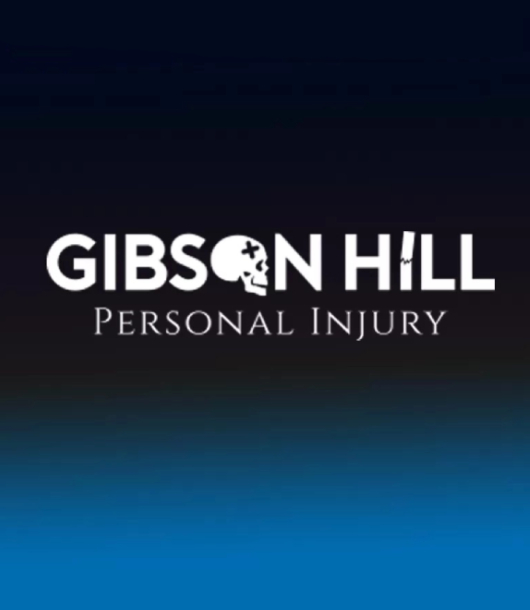 Negotiations begin after a personal injury lawyer sends their client’s demand letter to the insurance company. The lawyer could settle the case and secure compensation for their client if the insurer agrees with the demands.
Negotiations begin after a personal injury lawyer sends their client’s demand letter to the insurance company. The lawyer could settle the case and secure compensation for their client if the insurer agrees with the demands.
However, insurance companies want to avoid significant settlement payouts when possible. Many investigate and obtain evidence to prove that the accident victim is responsible for their own injury.
Sometimes, the policyholder might be liable for the accident, but the insurance carrier doesn’t offer the total available coverage. Instead, they offer a low settlement and hope the injured victim takes the money.
When you hire a personal injury attorney, avoiding these pitfalls might be possible. You could recover the maximum possible settlement. However, the compensation listed in the demand letter isn’t necessarily the amount of money you will receive. If your attorney settles your case, they must negotiate with the insurance carrier.
What Is a Demand Letter?
A demand letter is a letter submitted to an insurance company during a personal injury claim that identifies the dollar amount the injured person wants in a settlement. It outlines all relevant information about the case, including:
- The type of injury and its effects on the victim’s daily life
- The amount of compensation demanded from the insurance company
- The date, time, and location of the accident
- A description of events leading up to the incident
- An explanation of why the policyholder is liable for the victim’s injuries
- The timeline of treatment, including the type of treatment and recovery progress
- The total costs the victim incurred due to the accident
Typically, the personal injury lawyer submits a demand letter when their client completes the necessary treatment. However, if ongoing care is necessary, the lawyer can send the demand letter and include information regarding future treatment and an estimated cost of the treatment.
The letter isn’t the only part of settling a claim. The attorney can also submit evidence to support the facts of the case. Evidence in personal injury cases can include:
- Operative reports, physical therapy records, diagnostic test results, and other medical records
- Photos from the accident scene
- Security camera footage of the incident
- Police/incident report
- Billing statements, receipts, and other documentation of incurred costs
Responding to a Demand Letter
 The insurance company can take some time to review the demand letter your personal injury lawyer submits. The only thing you can do is wait for a response.
The insurance company can take some time to review the demand letter your personal injury lawyer submits. The only thing you can do is wait for a response.
Insurance carriers perform independent investigations. They review the evidence the attorney sends and obtain their own evidence. Unfortunately, some evidence leaves room for interpretation. The insurer might disagree with your lawyer regarding the evidence and whether it proves liability.
Only three outcomes are possible after your attorney sends a demand letter:
- Demand accepted – The insurance company can accept the demand if they agree with the evidence and amount of money sought.
- Counteroffer and negotiations – The insurance carrier could send a counteroffer to your attorney for a different amount than the demanded compensation. This starts a negotiation until your lawyer settles the claim or decides further legal action is necessary.
- Claim denial – If the insurer denies the claim, filing a lawsuit is the next appropriate step.
How Long After the Demand Letter Can I Expect Settlement?
Your personal injury lawyer will likely ask the insurance carrier to respond to the demand letter by a specific date. They might give 30 days or 45 days for the insurer to review everything and reply with their answer.
However, not all insurance companies comply with the requested timeframe. Some don’t respond at all. Since various factors determine how long this process can take, you shouldn’t expect to settle your claim within a certain timeframe.
The factors that affect how long it takes to settle a claim include:
- Size of the carrier – The number of employees working on claims and the resources at their disposal typically depend on the size of the insurance company. Some of the larger well-known insurers streamline the claims process. You could hear from someone quickly. However, if it’s a small insurance carrier, it could take longer for an employee to review the demand letter.
- Regular follow-ups – Working with a personal injury lawyer could benefit your claim. Ongoing communication is vital. Your lawyer can keep the process moving forward by regularly speaking with the person handling the claim.
- Size of the claim – Claims vary in size. Some are easier to handle because they only involve a few doctor’s appointments and medical bills. However, others include months or years of treatment records and other documentation the insurance company must review.
No uniform timeframe exists between sending the demand letter and arriving at a settlement. In addition to the insurance company’s review, there will be negotiations between the insurance company and your attorney, and those can take a long time. You can count on the process taking more than two months. If a satisfactory settlement can’t be reached and you take your case to court, even more time will pass before you get money.
Contact an Experienced Personal Injury Attorney Today
Since 2013, Gibson Hill Personal Injury has provided accident victims with aggressive and compassionate representation. The lawyers at our firm have a proven track record of success and a reputation for the personal attention we offer every client.
We handle a wide variety of personal injury cases in Houston.
If you sustained an injury in an accident due to someone’s wrongdoing, call the Houston personal injury attorneys of Gibson Hill Personal Injury at 713-659-4000 immediately. We can review the circumstances of the accident during a free consultation and advise you about the available legal options.
Related Posts
How Do I Know If I Have a Personal Injury Case?




